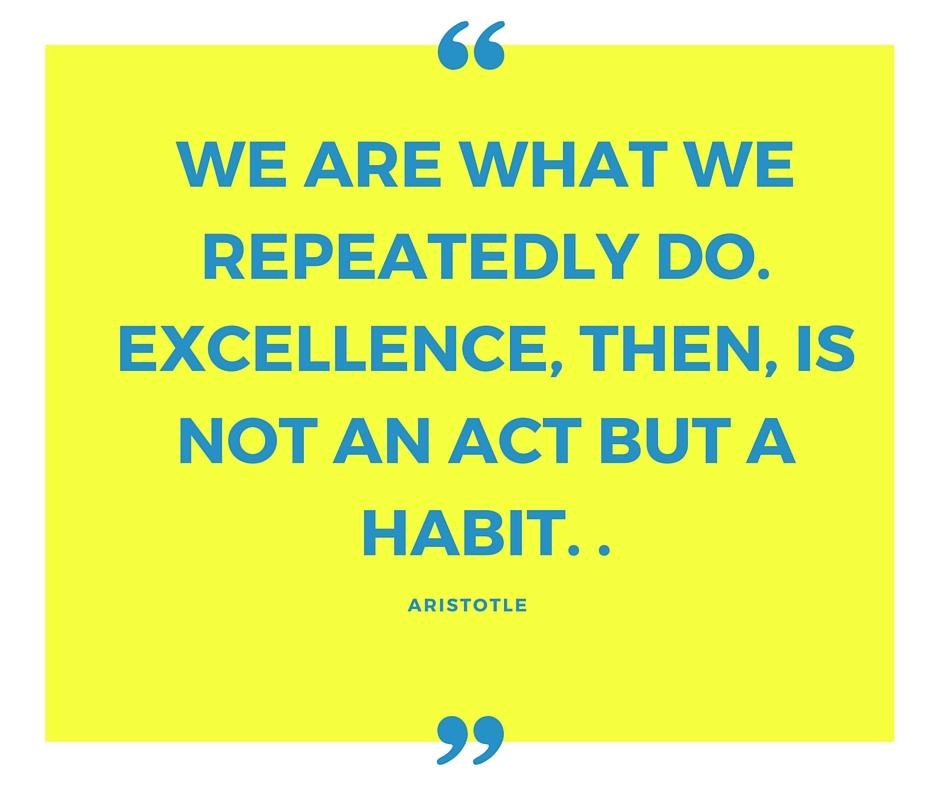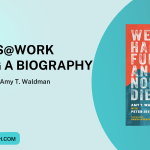Three Habits of Successful Writers by Rochelle Melander
June 14, 2016
Note From Rochelle
Dear Writers,
School’s out for summer! (Finally!) I’ve finished my artist residency, started leading the summer Write-A-Thon coaching group, and am claiming more time to write. Later this week, I’m taking a few days off to work on revising my mystery novel.
How about you? As the seasons change, how are you claiming time and space to write? If you need help scheduling writing time or overcoming writer’s block, set up a 20-minute consultation with me.
Today’s tip will help you adopt the habits of successful writers!
Happy Writing (and Reading)!
Rochelle, the Write Now! Coach

How do you measure writing success? Do you track:
+how much money you earn?
+how many books you’ve written or published?
+how much you write?
+how famous you are?
+how well you write?
As a writing coach, I encourage writers to create their own definition of writing success. And when I suggest that, I caution: it’s better to measure success by what you control. When we measure success by contracts, sales, or awards, it’s easy to get discouraged. The publishing world and the buying public can be fickle. Publishers want big sales. Readers want…well, so many things. Readers want escape and adventure, solutions to our problems, and comfort for our heartache.
As writers, we need to focus on creating the best books we can write. In order to do that, we need to develop habits that lead to writing better books. Here’s something I believe about habits.

There are many habits that make writers great. Here are three that I find essential:
Successful writers treat life like a daring adventure!
I decided that adventure was the best way to learn about writing. —Lloyd Alexander, fantasy writer
With the discipline needed to be successful, the writer’s life can get pretty boring: write, edit, submit, repeat. As much as I love to write, I can find the whole business sort of, well, repetitive.
Fantasy author Lloyd Alexander, who won the Newbery Medal for The High King, ditched college to join the army. He later used the castles he saw in Wales during World War II as the setting for several of his novels.
But what if one’s life consists mostly of work and writing and taking care of business? How do we find adventure then?
Here’s what Kij Johnson, science fiction and fantasy writer, says about adventure:
 Adventures are what happens when an event is flawed, a mark of imperfection.
Adventures are what happens when an event is flawed, a mark of imperfection.
Got that? It means that pretty much anything you do can turn into an adventure—especially if something goes wrong. (Hello! Welcome to my life!)
Pro tip: Make an intention to find adventure wherever you go—grocery shopping, yoga class, or a summer concert. Then, take notes on what you find!
Successful writers write regularly.
When life is busy, it can be challenging to squeeze in writing. But writers manage to write, whether they’re working full time, dealing with a chronic illness, or living with a chaotic schedule. Listen to what author Ernest Hemingway had to say about writing regularly:
Work every day. No matter what has happened the day or night before, get up and bite on the nail.
Remember, Hemingway was known for his love of adventures, especially hunting, and his wild nights of drinking. Despite his crazy nights, Hemingway always got up and wrote.
Successful writers read.

Yeah, you hear this a lot from me. And for good reason. As an editor and avid reader, I come across a lot of books that could be better—if only the author read more. It doesn’t matter if the book is fiction or nonfiction: writers who read understand how to tell a story.
Listen to how Daniel Quinn, author of Ishmael, said it:
Most beginning writers (and I was the same) are like chefs trying to cook great dishes that they’ve never tasted themselves. How can you make a great (or even an adequate) bouillabaisse if you’ve never had any? If you don’t really understand why people read mysteries (or romances or literary novels or thrillers or whatever), then there’s no way in the world you’re going to write one that anyone wants to publish.
Pro Tip: If you have limited time to read, then get to know the books in your own genre. If you have more time to read: spread your wings and try books in many genres, including ones that challenge you. All of this will help you write better.














